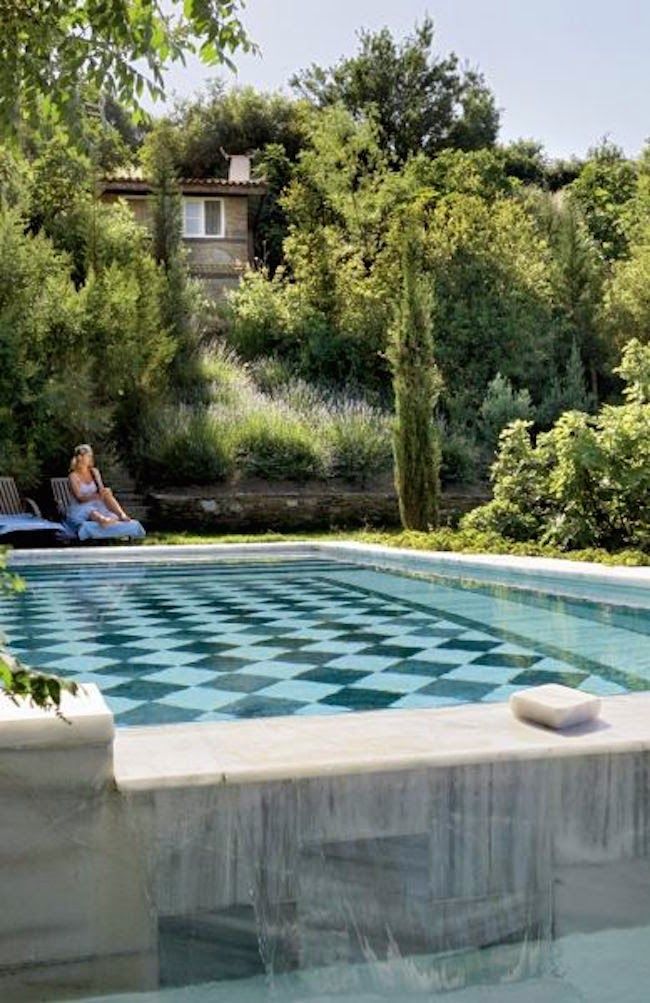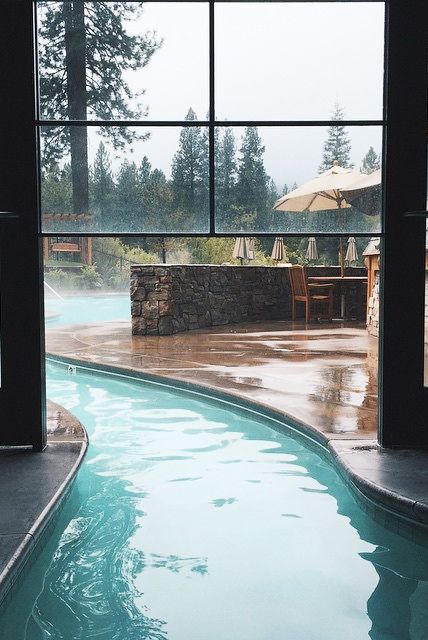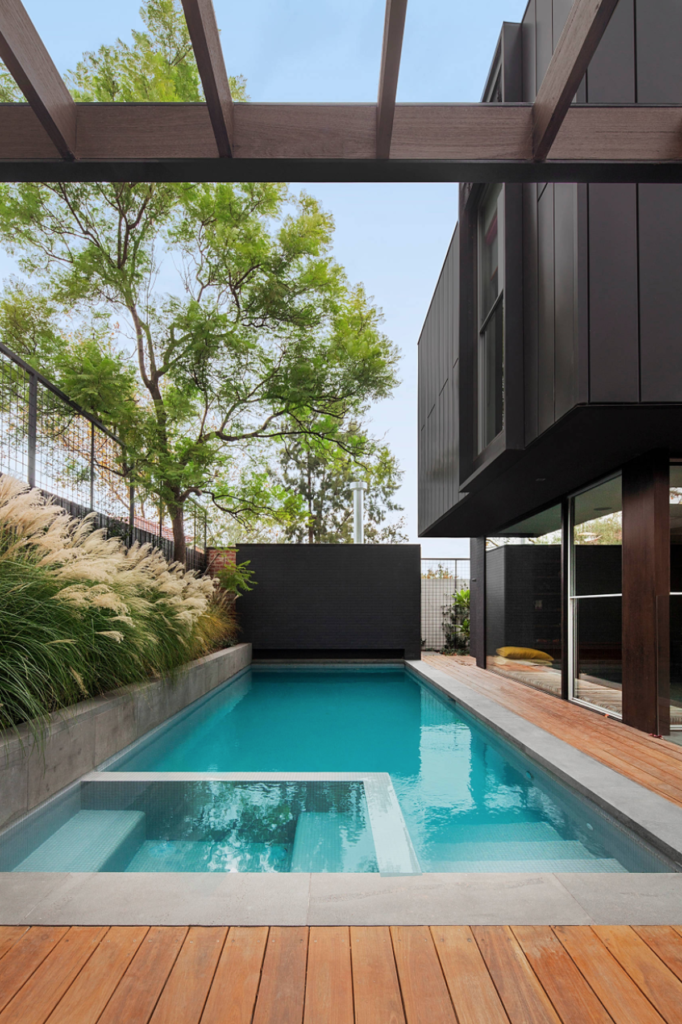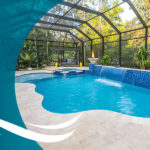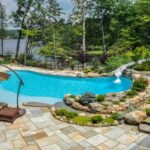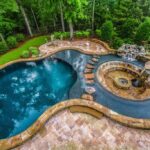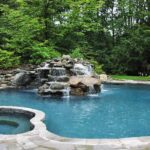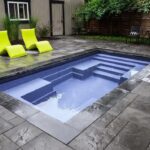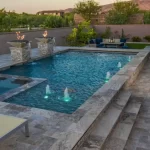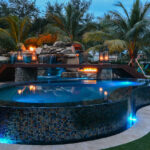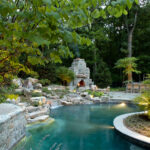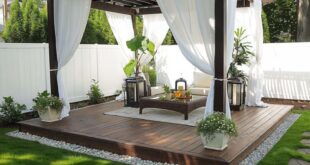When it comes to designing a pool, there are many factors to consider in order to create a functional and aesthetically pleasing space. The first step in pool design is determining the size and shape of the pool. This will depend on the available space, budget, and intended use of the pool. Rectangular pools are a popular choice for their classic look and versatility, while freeform pools offer a more organic and natural feel.
Another important aspect of pool design is the placement of the pool in relation to the home and other outdoor elements. A pool that is strategically placed to take advantage of sunlight and provide easy access from the house will enhance the overall appeal and usability of the space. Additionally, considering the surrounding landscape and existing outdoor features will help create a cohesive and harmonious design that complements the overall aesthetic of the property.
The materials used in pool design can also greatly impact the overall look and feel of the space. Concrete, fiberglass, and vinyl are common choices for pool construction, each offering unique benefits and considerations. Concrete pools can be customized to any shape or size, while fiberglass pools are durable and low-maintenance. Vinyl pools are a cost-effective option that can be quickly installed, but may require more maintenance over time.
Incorporating water features into pool design can enhance the visual appeal and functionality of the space. Waterfalls, fountains, and bubblers can add a touch of luxury and relaxation to the pool area, while swim-up bars and tanning ledges provide practical amenities for pool users. Lighting is another important element that can transform the pool area from day to night, creating a warm and inviting atmosphere for evening entertainment.
Landscaping plays a crucial role in pool design, as it helps blend the pool seamlessly into the surrounding environment. Choosing the right plants, trees, and hardscape features can enhance the overall look and feel of the pool area, creating a tranquil and inviting outdoor retreat. Consideration should also be given to privacy and security, with fencing, screens, and strategic plantings helping to create a secluded and safe environment for pool users.
Ultimately, pool design should be a reflection of the homeowner’s lifestyle, preferences, and budget. By carefully considering all aspects of the design process, from size and shape to materials and landscaping, a pool can become a beautiful and functional addition to any outdoor space. Collaborating with a professional pool designer or landscape architect can help ensure that the final result is a stunning and harmonious oasis that enhances the enjoyment and value of the property.
